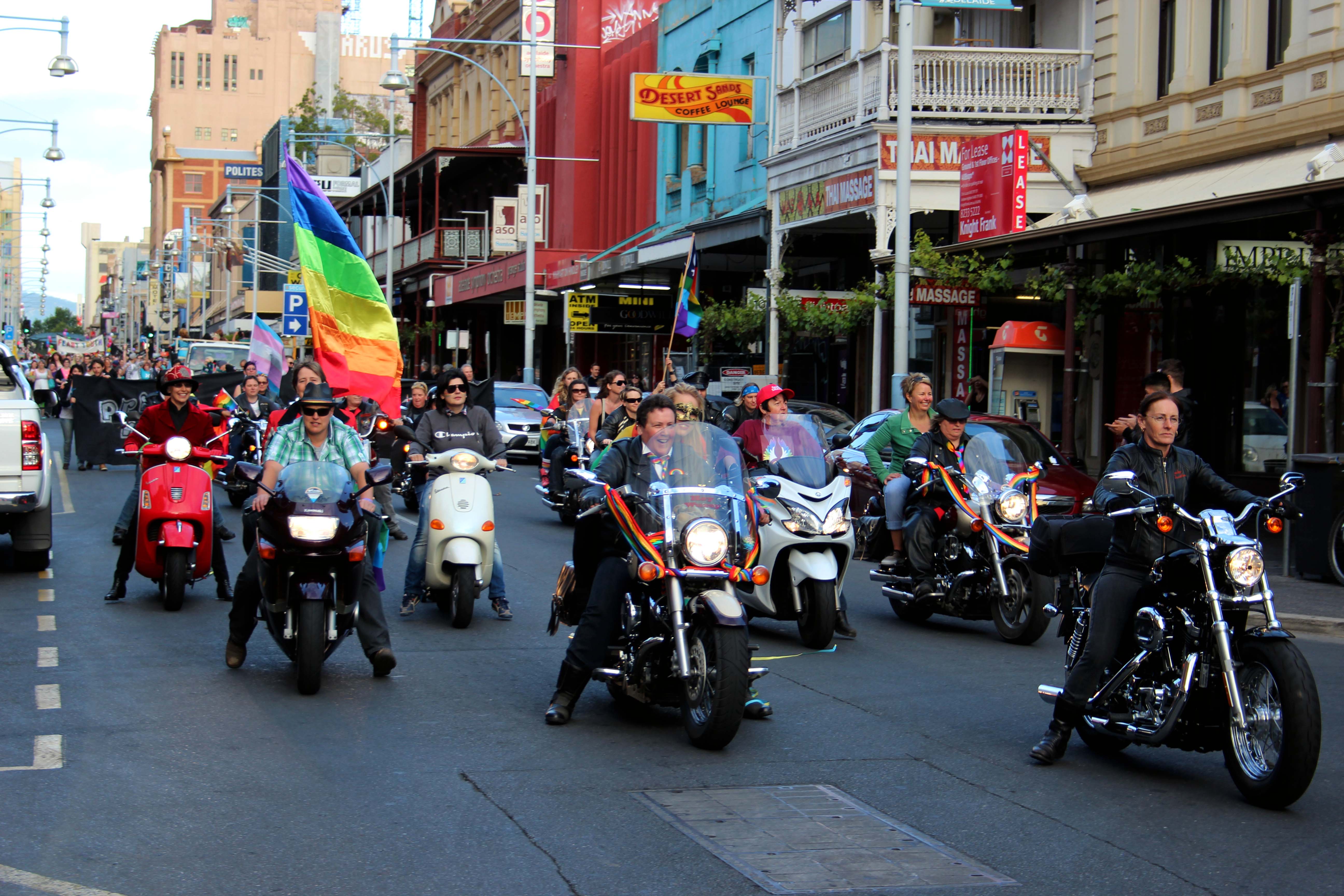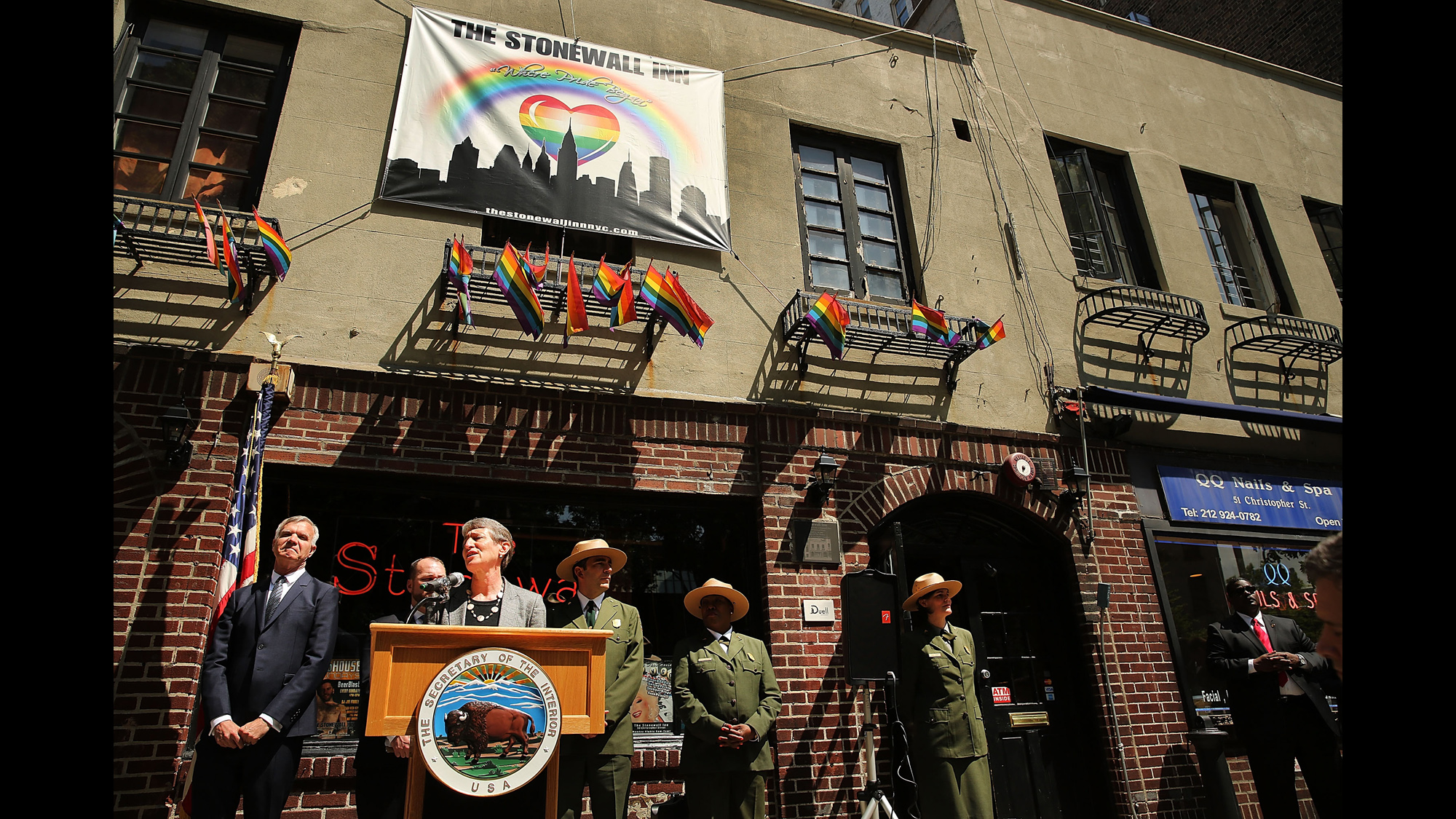Exploring The World Of Lesbian ATM: A Comprehensive Dive
Lesbian ATM is not just a term; it's a cultural phenomenon that has sparked conversations around the globe. If you've ever wondered what it means or why it's making waves, you're in the right place. In this article, we'll explore everything you need to know about lesbian ATM, from its origins to its significance in today's society. So, buckle up and let's dive right in!
Picture this: you're scrolling through social media, and suddenly, you come across a term that makes you pause—lesbian ATM. What is it? Why is it trending? Is it something new or just another buzzword? These questions have likely crossed your mind, and trust me, you're not alone. In this modern world, where language evolves faster than ever, understanding terms like lesbian ATM is essential.
Here's the deal: this article isn't just about definitions. It's about exploring the cultural, social, and even political implications of lesbian ATM. We'll break it down step by step, ensuring you leave with a clearer understanding of what it means and why it matters. So, grab your favorite drink, and let's get started.
- Christina Hendricks A Closer Look At Her Iconic Career And Legacy
- Daniella Wang The Rising Star Whos Turning Heads In The Entertainment World
What Exactly is Lesbian ATM?
Let's start with the basics. Lesbian ATM is a term that has gained traction over the years, and it refers to a specific type of romantic or sexual relationship dynamic within the LGBTQ+ community. The "ATM" stands for "Always the Man," which describes a situation where one partner consistently takes on a more masculine or dominant role in the relationship. It's like having a silent agreement where roles are clearly defined, and both partners thrive in their chosen dynamics.
Now, don't get me wrong. This isn't about rigid gender roles or stereotypes. Instead, it's about consent, communication, and mutual respect. In a lesbian ATM relationship, both partners embrace their identities and create a space where they can be authentic. It's all about finding what works best for you and your partner.
Why is Lesbian ATM Important?
Lesbian ATM is important because it challenges traditional narratives about relationships. For years, society has tried to box people into predefined roles, but this term flips the script. It shows that relationships can be fluid, dynamic, and unique to each couple. It's like saying, "Hey, we don't need to follow the rules—let's make our own."
- Laci Peterson Death Photos Unveiling The Truth Behind The Tragic Story
- Lynsey Bartilson The Rising Star Whos Turning Heads In Hollywood
Moreover, it highlights the diversity within the LGBTQ+ community. Not all relationships look the same, and that's okay. In fact, it's more than okay—it's beautiful. By embracing terms like lesbian ATM, we celebrate individuality and empower people to live authentically.
Understanding the Origins of Lesbian ATM
Like most cultural phenomena, lesbian ATM didn't just appear out of thin air. It evolved over time, shaped by the experiences and voices of countless individuals within the LGBTQ+ community. Back in the day, relationships were often categorized as "butch" and "femme," but as language and understanding grew, so did the terminology.
Lesbian ATM emerged as a way to describe relationships where one partner consistently takes on a more masculine role. It wasn't about erasing older terms but rather expanding the vocabulary to include a wider range of experiences. It's like adding new colors to a palette, giving artists more options to create beautiful masterpieces.
Key Characteristics of Lesbian ATM Relationships
So, what makes a lesbian ATM relationship unique? Here are a few key characteristics:
- Defined Roles: Both partners have a clear understanding of their roles and responsibilities in the relationship.
- Consent and Communication: Like any healthy relationship, consent and communication are at the core of lesbian ATM dynamics.
- Authenticity: Partners embrace their identities and create a space where they can be their true selves.
- Mutual Respect: Respect for each other's boundaries and preferences is non-negotiable.
These characteristics make lesbian ATM relationships not just about labels but about building a strong foundation of trust and understanding.
Lesbian ATM vs. Butch and Femme: What's the Difference?
Now, you might be wondering, "What's the difference between lesbian ATM and butch and femme?" Great question! While both terms describe relationship dynamics, they differ in subtle yet significant ways. Butch and femme focus on traditional gender expressions, where one partner identifies as more masculine (butch) and the other as more feminine (femme).
Lesbian ATM, on the other hand, is more about the roles played within the relationship rather than outward appearances. It's like saying, "Sure, we might look a certain way, but it's our actions and interactions that define us." This distinction is crucial because it highlights the complexity and diversity of LGBTQ+ relationships.
Breaking Stereotypes with Lesbian ATM
Stereotypes are pesky little things that can limit our understanding of the world. When it comes to lesbian ATM, it's easy to fall into the trap of assuming that one partner is "more masculine" or "less feminine." But that's not the case. Lesbian ATM relationships are about breaking stereotypes and redefining what it means to be in a relationship.
It's like saying, "Hey, labels are great, but they don't define us. We do." By embracing terms like lesbian ATM, we challenge societal norms and create space for everyone to exist authentically.
The Role of Communication in Lesbian ATM Relationships
Communication is the backbone of any successful relationship, and lesbian ATM relationships are no exception. It's all about setting boundaries, expressing needs, and ensuring both partners feel heard and respected. Think of it like building a house—without a strong foundation, everything else falls apart.
Here are a few tips for fostering healthy communication in a lesbian ATM relationship:
- Be Honest: Always communicate your thoughts and feelings openly and honestly.
- Listen Actively: Pay attention to your partner's words and body language.
- Set Boundaries: Clearly define what works for you and what doesn't.
- Check In Regularly: Make time to discuss how the relationship is evolving.
By prioritizing communication, partners in lesbian ATM relationships can build a strong, lasting connection.
Addressing Misconceptions About Lesbian ATM
Misconceptions are like weeds—they can grow quickly if left unchecked. One common misconception about lesbian ATM is that it reinforces harmful gender stereotypes. However, nothing could be further from the truth. Lesbian ATM relationships are about choice and consent, not about conforming to societal expectations.
Another misconception is that these relationships are one-sided or unequal. Again, this couldn't be further from reality. In a healthy lesbian ATM relationship, both partners contribute equally, and their roles complement each other rather than overshadow one another.
Lesbian ATM in Popular Culture
Popular culture has played a significant role in shaping our understanding of lesbian ATM. From TV shows to movies, we've seen glimpses of these relationships portrayed on screen. While some depictions are spot-on, others fall short, relying on outdated stereotypes or shallow portrayals.
Take, for example, the hit show "Orange Is the New Black." It features several LGBTQ+ characters and explores a wide range of relationship dynamics, including those that could be classified as lesbian ATM. These portrayals help normalize diverse relationships and make them more relatable to a wider audience.
Impact of Media Representation
Media representation matters because it shapes how we view the world and the people in it. When done right, it can challenge stereotypes and inspire change. For instance, seeing positive portrayals of lesbian ATM relationships in movies and TV shows can help reduce stigma and increase acceptance.
However, when done poorly, media representation can perpetuate harmful myths and reinforce negative biases. That's why it's crucial for creators to approach these topics with care and sensitivity, ensuring that they accurately reflect the experiences of real people.
The Future of Lesbian ATM
As society continues to evolve, so too will our understanding of terms like lesbian ATM. The future looks bright for these relationships, with more people embracing their identities and challenging traditional norms. It's like watching a sunrise—full of promise and potential.
One thing is certain: the LGBTQ+ community will continue to lead the charge in redefining what it means to be in a relationship. By celebrating diversity and promoting inclusivity, we can create a world where everyone feels seen, heard, and valued.
How You Can Support Lesbian ATM Relationships
Supporting lesbian ATM relationships is all about education, empathy, and action. Here's how you can make a difference:
- Learn More: Educate yourself about the history and significance of terms like lesbian ATM.
- Be an Ally: Stand up against discrimination and support the LGBTQ+ community.
- Spread Awareness: Share information and resources with others to promote understanding.
By taking these steps, you can help create a more inclusive and accepting world for everyone.
Conclusion
Lesbian ATM is more than just a term—it's a powerful reminder of the diversity and complexity of human relationships. By exploring its origins, characteristics, and cultural significance, we gain a deeper understanding of what it means to be in a relationship today. So, whether you're part of the LGBTQ+ community or an ally, there's always something new to learn and appreciate.
Now, it's your turn. Share this article with your friends, leave a comment, or explore other topics on our site. Together, we can create a world where everyone feels empowered to live authentically and love freely.
Table of Contents
- What Exactly is Lesbian ATM?
- Why is Lesbian ATM Important?
- Understanding the Origins of Lesbian ATM
- Key Characteristics of Lesbian ATM Relationships
- Lesbian ATM vs. Butch and Femme: What's the Difference?
- Breaking Stereotypes with Lesbian ATM
- The Role of Communication in Lesbian ATM Relationships
- Addressing Misconceptions About Lesbian ATM
- Lesbian ATM in Popular Culture
- Impact of Media Representation
- The Future of Lesbian ATM
- How You Can Support Lesbian ATM Relationships
Article Recommendations
- Unveiling The Allure Of Sexy Marilyn Monroe A Timeless Icon
- Michael Wilding The Forgotten Hollywood Heartthrob



Detail Author:
- Name : Tate Hintz
- Username : pollich.ashley
- Email : trinity.zemlak@gmail.com
- Birthdate : 2001-05-24
- Address : 90852 Aurore Light Apt. 219 North Flavieville, LA 99576-6047
- Phone : (781) 924-2318
- Company : Fadel, Larkin and Sipes
- Job : Sculptor
- Bio : Mollitia qui omnis quia et aut molestiae qui. Temporibus sint voluptates occaecati voluptas provident cumque.
Socials
facebook:
- url : https://facebook.com/amir_kub
- username : amir_kub
- bio : Ut dignissimos expedita magnam.
- followers : 3711
- following : 2694
twitter:
- url : https://twitter.com/amir.kub
- username : amir.kub
- bio : Eligendi aspernatur doloribus voluptatum voluptate voluptatem. Atque itaque ipsam maxime minima provident placeat.
- followers : 6494
- following : 2886